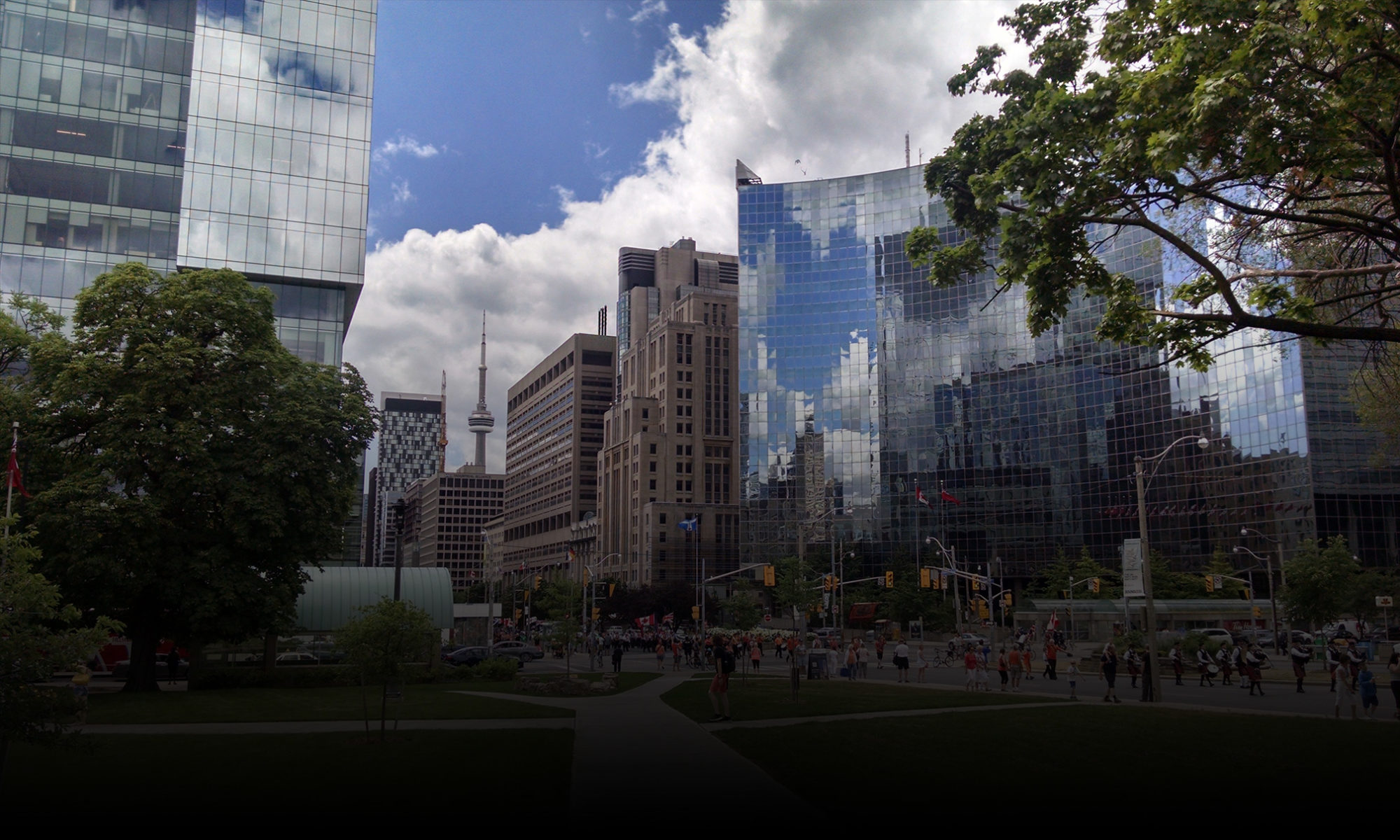Eventually great ideas tear down or circumvent the barriers that oppose them. It’s hard to resist an idea whose time has come. The world changes and the grand or even ludicrous visions of one epoch become commonplace in another. If you’ve visited a national park in the United States, you’ve experienced this first hand. Sometimes change is promulgated through the persistence of a visionary.
In the case of the world’s first publicly owned park, that visionary was Ferdinand V. Hayden. After a couple of exploratory expeditions over a decade, Hayden proposed setting aside a 2,219,789 acre swath of land in Wyoming, Idaho, and Montana, comprising lakes, canyons, rivers and mountain ranges as a pleasure ground for the benefit and enjoyment of all people. The bill to create the first national park, Yellowstone, was established by U.S. Congress and signed into law by U.S. President Ulysses S. Grant on March 1, 1872. This was thought to be a radical idea at the time.
Thankfully, the radical idea became less so and spread to eventually include actions of many other presidents and to the creation of the National Parks Service whose mission is to preserve the natural and cultural resources of the nation for the enjoyment, education, and inspiration of current and future generations. Now, over 275 million annual visitors enjoy more than 400 such places. It is worth noting that these places are owned by the public, not aristocrats, a monarch or captains of industry.
Imagine before Yellowstone, Yosemite, Central Park, Mt. Rainier National Park, or any other publicly owned park. Imagine thinking, “We should set aside that land for the enjoyment of all.” You might imagine yourself saying such a thing, at that time and place. But, statistically, you would be an outlier. Chances are, you would have opposed such a radical change. You might have been more concerned with rebuilding after the civil war ended.
Sometimes people want things to change, desperately in fact, but their actions or inaction support the current state of affairs no matter how unsettling they may be. We sometimes blindly and obediently protect a monoculture that favors a few while crushing diversity, human spirit, and retarding better possibilities for all of us. Think of the people that opposed the abolition of slavery. When we oppose change we may not realize we may be opposing human progress. Not all change is good, but without it, there can be no progress.
We all have the potential do to better as individuals, organizations, & the world community. But, first we have to embrace a culture of care and stop fearing progress. Some people fought the national parks idea from its inception. They thought the commons were to be exploited for private good. Many still do. But, these are the forces that build walls and ugliness that divides our common humanity.
I like what President Lyndon Baines Johnson said when he spoke of “New Conservation.”
“The same society which receives the rewards of technology must, as a cooperating whole, take responsibility for control. To deal with these new problems will require a NEW CONSERVATION. We must not only protect the countryside and save it from destruction, we must restore what has been destroyed and salvage the beauty and charm of our cities. Our conservation must be not Just the classic conservation of protection and development, but a creative conservation of restoration and innovation. Its concern is not with nature alone, but with the total relation between man and the world around him. Its object is not just man’s welfare, but the dignity of man’s spirit.”
—Lyndon Baines Johnson
President of the United States
NATURAL BEAUTY MESSAGE
Instead of building walls that divide us, let us instead build bridges, parks, and pathways to a more prosperous and shared future. Some may think this to be an impossible idea like the national parks idea was at its time. ‘Impossible ideas” and the impossipreneurs who champion them are all around us. Perhaps you are one. I am one. Some may look at us as impossible dreamers. I think of us as evangelists of the possible, of what’s next, of what will one day become ordinary and commonplace. A culture of care is an idea whose time has come; it has many converging forces and proponents. Opportunities to advance human progress are all around us if we open our minds to the possibilities. Investing in people and advancing human progress is not only a moral responsibility, it also produces great returns. Contrast this with austerity measures which have never produced prosperity at any point in the history of civilization.
about the author
Gregory Olson’s latest book is L’ impossi preneurs: A Hopeful Journey Through Tomorrow, a light-hearted and deadly serious book about a brighter future where we live more meaningful lives, governments invest in people and sustainable progress, and technology serves humans. Greg also authored The Experience Design Blueprint, a book about designing better experiences and then making them come true.
 Gregory Olson founded strategy and design firm Delightability, LLC. with the belief that if you delight customers then success will follow. He believes that we all have the potential to do better, as individuals, organizations, and communities, but sometimes we need a little help. Gregory also serves as a volunteer board member for Oikocredit Northwest, a support association for social investor and financial institution, Oikocredit International.
Gregory Olson founded strategy and design firm Delightability, LLC. with the belief that if you delight customers then success will follow. He believes that we all have the potential to do better, as individuals, organizations, and communities, but sometimes we need a little help. Gregory also serves as a volunteer board member for Oikocredit Northwest, a support association for social investor and financial institution, Oikocredit International.

